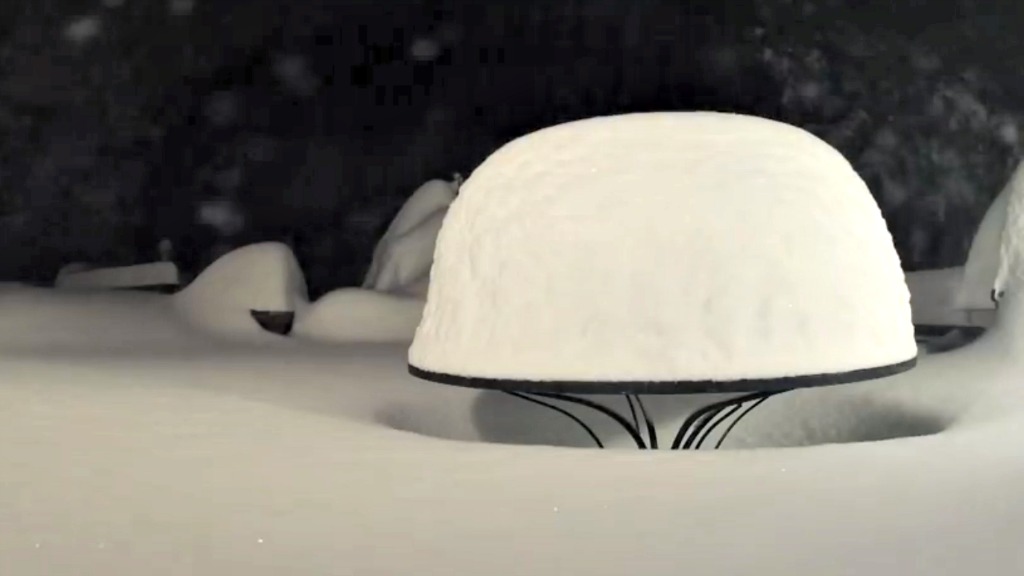
ShutterstockLet’s slap some labels on these puppies.
For the past four years, European Union officials have been mulling a labeling system that would require fuel companies to tell their customers how much carbon pollution is produced by each of the products they sell.
The idea is deeply unpopular with oil companies, which don’t want their customers thinking about such things every time they fill up their tanks. It’s also deeply unpopular with Canada. That’s because the country’s tar-sands oil is particularly dreadful for the climate, something the government would rather not have advertised. The oil companies and Canadian government have called the labeling idea unscientific.
But the idea is popular with an independent group of experts — experts who are better qualified to determine whether or not something is “scientific.” Those would be scientists.
Reuters reports that 53 scientists from such universities as Harvard, Stanford, and Columbia, as well as from European institutions, sent a letter urging the president of the European Commission “to press ahead with a plan to label tar sands as more polluting than other forms of oil, in defiance of intensive lobbying” from the Canadian government:
They say the EU draft law, which would label fuels according to how much carbon they emit over their entire wells-to-wheels lifecycle, is scientifically sound, after criticism from the oil industry that it is not.
In the letter dated December 16, they say the policy would ensure investment in cleaner fuels and for the first time hold the oil industry accountable for carbon emitted during production of the fuels they sell in Europe.
“We live in an era during which it has become clear that we cannot burn all of the fossil fuels without causing dangerous climate change,” the letter, seen by Reuters, said.
U.S. lawmakers — listen up!



